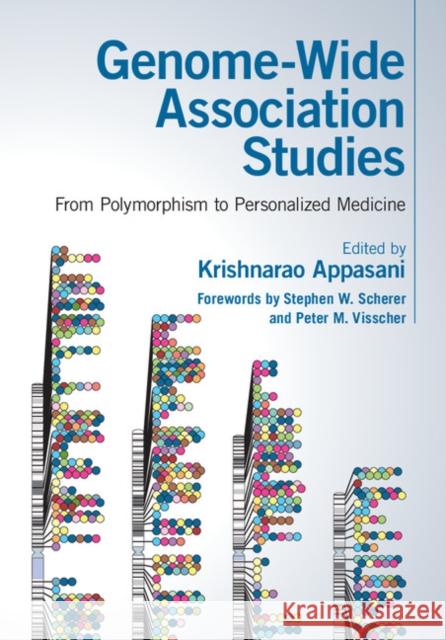Genome-Wide Association Studies: From Polymorphism to Personalized Medicine » książka
topmenu
Genome-Wide Association Studies: From Polymorphism to Personalized Medicine
ISBN-13: 9781107042766 / Angielski / Twarda / 2016 / 432 str.
Experts from academia and industry highlight the potential of genome-wide association studies from basic science to clinical and biotechnological/pharmaceutical applications.











